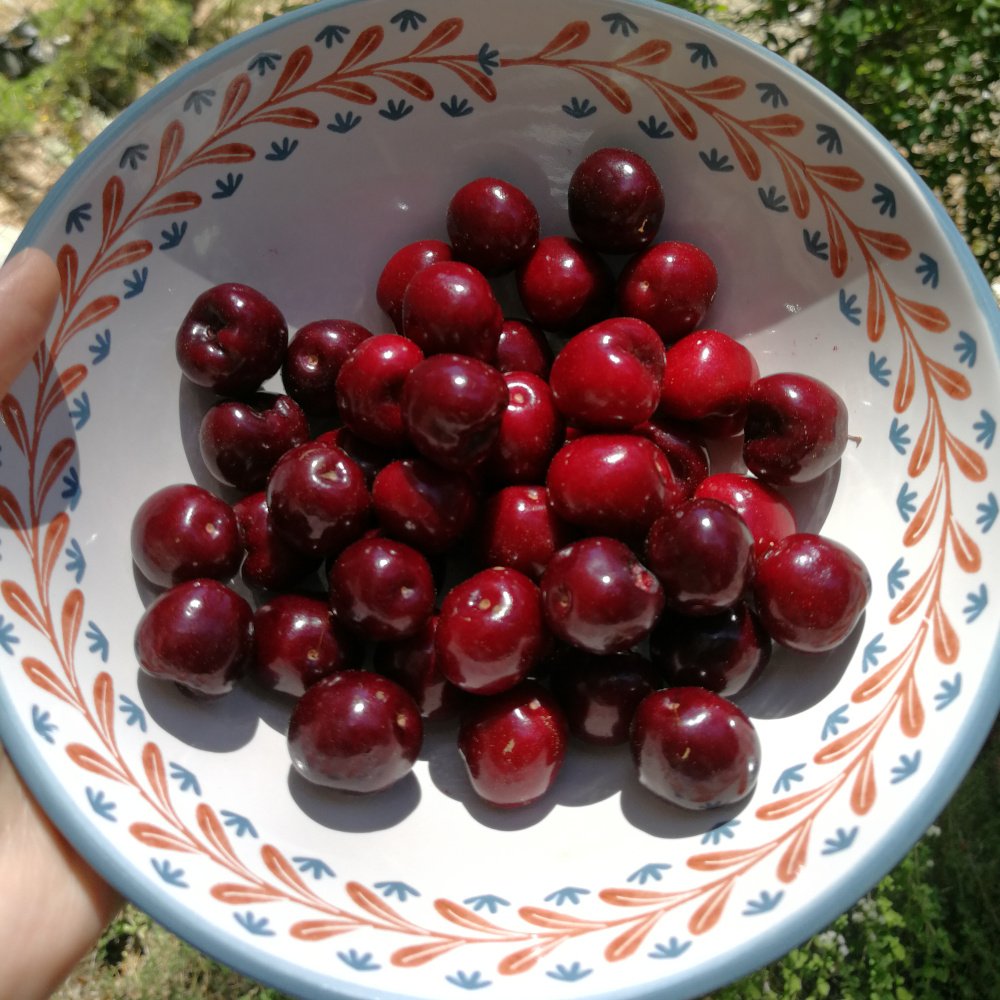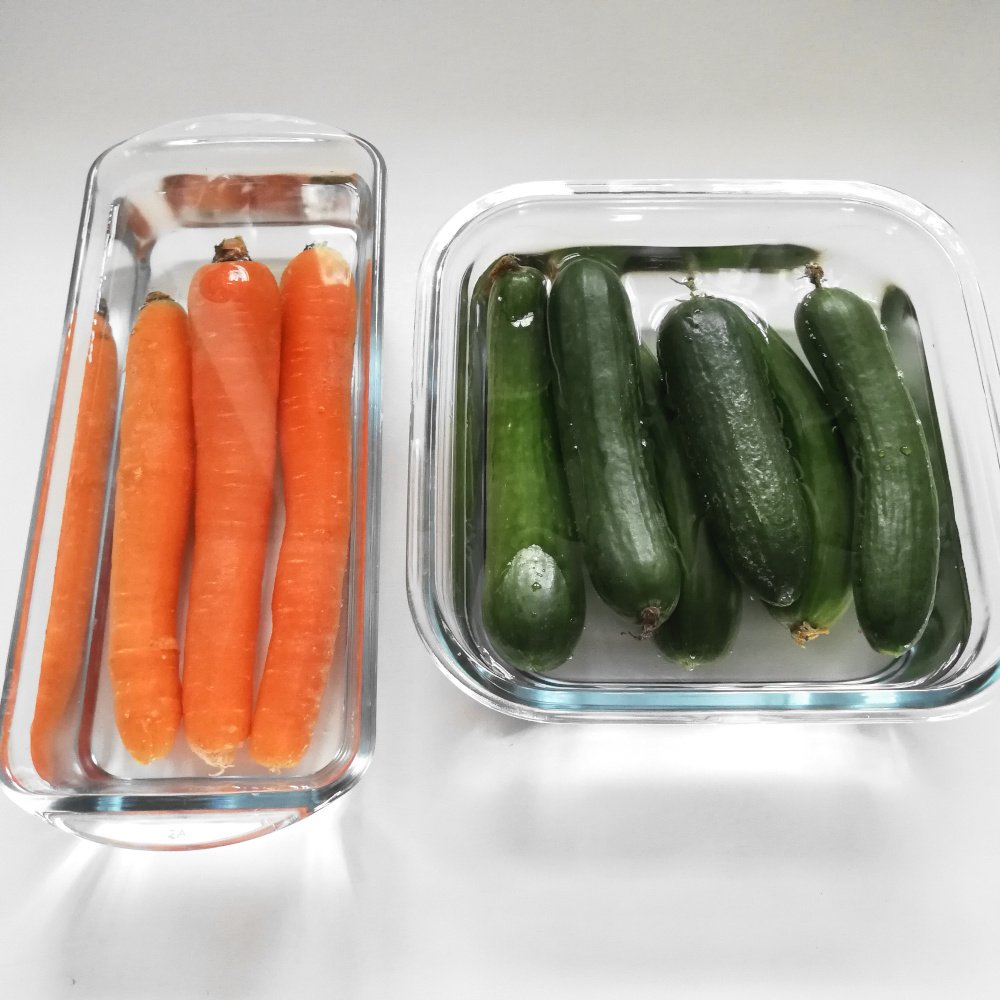How to Make Vegetables Last Longer To Stop Food Waste
Have you noticed that your fruit and vegetables are going bad too quick and you’re ending up composting them before you can eat them? Here are some clever tips to help you make vegetables last longer in order to stop food waste.
Food Waste Facts
Food waste is a big problem. Did you know that 1/3 of the food produced per year is lost or wasted? That is roughly 1.3 billion tons per year!
It is wasted at all stages of the foods life cycle, however the largest amount of waste happens during the production stage, followed closely by the handling and storing of foods after harvest and consumer consumption.
It is estimated that food waste from households, retail establishments and the food service industry amounts to around 931 million tonnes per year. About 570 million tonnes is wasted by households.
“If wasted food were a country, it would be the third-largest producer of carbon dioxide in the world, after the USA and China.” - World Food Programme
These numbers are staggering and kind of unfathomable. Especially when you think about how many people go undernourished. It really shows that we could all do with making some small changes to help this situation. If we really want to be sustainable in everyday life, we need to tackle the food waste problem. We can do better than this!
What Can We Do To Help?
Change How We Store Fruit & Veg
Over the past couple of years we’ve been changing how we store our fruits and vegetables in our own home to keep them fresher for longer without using plastic. It turns out that some foods like the fridge, others don’t and they’re also a bit picky about what you store them in.
High ethylene fruits
One of the easiest things you can do and do right now is to store high ethylene fruits away from everything else. What is Ethylene? Ethylene gas is a plant hormone that encourages fruit ripening.
Fruits that are high in ethylene include bananas, apples, pears, melons and peaches. Keep these in a separate place to all other fruits.How to make soft fruits last longer
Don’t wash soft fruit like berries, peaches and figs until you’re going to eat them and be sure to keep them in the fridge.
How to store cucumbers, carrots and celery
These can all be stored submersed in water in the fridge and this keeps them from going soft and they retain their crunchiness. I was sceptical at first but honestly this really works. You might see recommendations online to wrap them in plastic but you really don’t need to.
Some greens like lettuce, rocket and spinach call also be kept submersed in water to keep them crisp. I have started cutting them in half and putting them in a bowl of water in the fridge.How to store herbs, asparagus, broccoli and spring onions
I’ve found that herbs, asparagus and broccoli do best if stored in the fridge like a bouquet of flowers. Cut the ends of the herbs (unless they have roots) and put each the herbs, asparagus and broccoli in a separate glass jar, fill the bottom with water and put them in the fridge. I keep them in the door as they glass jars fit perfectly there.
Spring onions I keep out of the fridge, in a jar with a small amount of water. This way they continue to grow their lovely green tops. Don’t add too much water to the herbs, asparagus and spring onions as it will make the ends go a bit soggy. Keep checking the water and top up if needed.How best to store mushrooms
Mushrooms have a high water content so keeping them in a paper bag in the fridge is best. Don’t put them in plastic or in a container as they will just go soggy.
How to store a cut avocado
We found that once you cut an avocado, it can quickly become inedible but again you don’t need plastic wrap to save it. Make sure you put the cut piece or half submersed in water in the fridge or if it is a perfect half then you can lay it flat on a plate. The idea is that the cut section needs to be completely covered to retain its freshness.
The best way to store tomatoes
Tomatoes need to be kept outside of the fridge, away from sunlight as this makes them go grainy. Keep them in a bowl on the counter.
Storing potatoes, onions and squash
It’s no surprise really that these like to be kept in the dark. If you put them in the light, they think they are outside and begin to sprout quicker. Store them in a bag in a dark cupboard. This includes garlic, sweet potatoes and taro too.
I’m sure there is more that we are yet to discover so if you have additions please let us know in the comments.
Also, don’t forget that once you have eaten your veg that you had submersed in water, you can reuse the water to feed your plants.
If for any reason you weren’t able to eat something and it is no longer edible, be sure to put it in your compost bin so that it can go back into the earth.
Sources:




